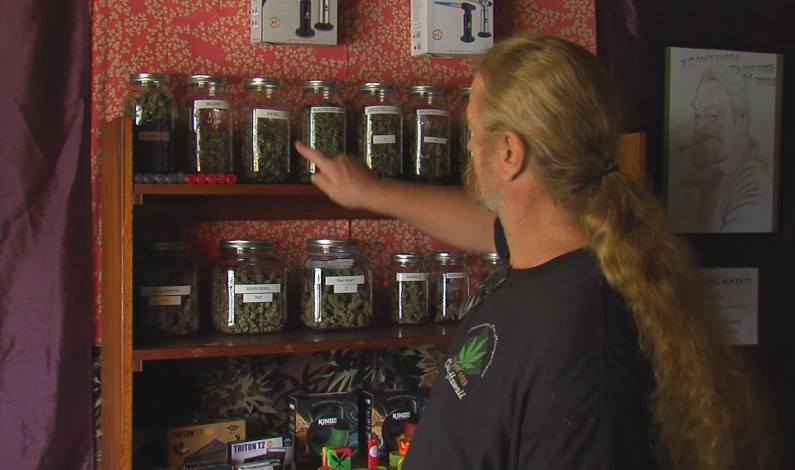Could at least a partial solution to the opioid crisis be sitting on the shelves at the local medical marijuana dispensary? A new report out of Minnesota, and one earlier this year from Israel, both found that marijuana is beneficial to people with chronic pain conditions and those suffering from cancer.
More than half the participants in the Minnesota study found that cannabis offered a high level of benefit in treating chronic pain.
In addition to alleviating pain and anxiety and improving sleep, the use of medical marijuana also led many in the studies to either reduce or eliminate the use of prescription pain medication.
Marijuana In Minnesota
Minnesota voters first approved the use of medical marijuana in 2014, with patients enrolling into the state program in July 2015.
In August 2016, the state added “intractable pain” to the list of conditions approved for treatment with medical marijuana. The state defines intractable pain as “pain whose cause cannot be removed and, according to generally accepted medical practice, the full range of pain management modalities appropriate for this patient has been used without adequate result or with intolerable side effects.”
“Intractable pain” is often treated with opioids. To determine the effectiveness of the program, the state commissioned a $51,000 study of patients in the first five months that intractable pain qualified as a condition treatable with medical marijuana.
The study focused on 2,245 patients enrolled in the medical marijuana program for intractable pain between August and December of 2016. About 64 percent of the patients were between the ages of 36 and 64, while 52 percent were female. The vast majority lived in the Minneapolis-St. Paul area.
Many of the patients entering the medical marijuana program were taking pain medications. According to the study, 62.6 percent of the patients were able to reduce or eliminate use of opioids after six months in the program. The study also found that:
- 54 percent of patients said medical marijuana provided a high level of benefit
- 62 percent reported a reduction in the severity of their pain
- 27 percent reported an improvement in their ability to sleep well
- Other benefits mentioned by patients included decreased anxiety and improved mobility and function
The patients also offered statements about the use of medical marijuana. One patient wrote, “This program has opened up a world for me I thought I lost. I started on this just a few short months ago and am totally off my (prescription pain medication). I also have had less spasms and cramping throughout my body. I even chanced getting on a motorcycle and going for a short ride with a friend before it snowed. Thought I’d never do that again.”
Others reported a reduction in pain but said the effect tapered off over time.
The study mirrors previous findings in the Israeli study, which involved patients diagnosed with cancer. The study in Israelreported that using medical marijuana also led to patients reducing or eliminating the use of opioids. The study concluded that cannabis is a “well tolerated, effective and safe option to help patients cope with the malignancy related symptoms.”
Lihi Bar-Lev Schleider, lead researcher on the study, told Rolling Stone, “Cannabis is a very good alternative to reduce opioid consumption, to increase quality of life, and to reduce pain, nausea and vomiting.”
credit:420intel.com










